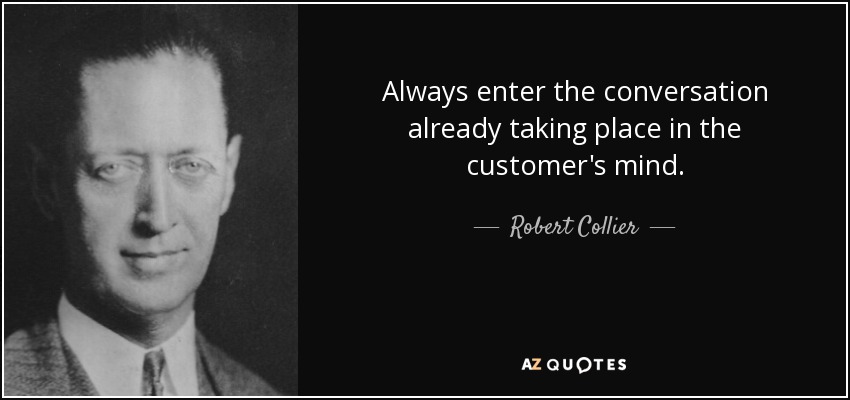He Hit a Homerun and Then Stopped at Third Base …
My husband’s been working 16-20 hour days lately (he’s a winemaker, and it’s harvest and crush at the winery). Spending so much time at work leaves no time for him to do any of his normal household chores, and the lawn in our backyard — the grass AND the weeds growing in with the grass — had grown tall and unsightly in his absence.
So our 14-year-old son took action.
He pulled on work gloves, marked the location of all the sprinkler heads, fired the lawnmower up … and mowed the lawn.
It was beautiful. Instead of an overgrown jungle, we again had an expanse of level green turf. I praised his hard work, but then I took a second look …
I saw tufts of tall weeds sticking up around a sprinkler head in the middle of the lawn. He had carefully steered the mower around the sprinkler but then didn’t go back and cut that area by hand. I saw other weeds that he hadn’t trimmed trailing over onto the patio.

So I asked if he was going to finish the job.
“What?!!” he asked, all teenage attitude.
I pointed out that the untrimmed areas detracted from the overall good job that he had done. I told him that it was like an unfrosted cake, or quitting a race within view of the finish line.
He still didn’t get it.
So I tried again …
“It’s like hitting a homerun and stopping at third,” I said. He’s a baseball player, so understanding lit up his eyes.
“Oh,” he said. “Good one, Mom. Yeah, I’ll fix it.”
When I spoke his language by using an example that was relevant, my message became clear and compelling.
That’s what we have to do as marketers, too.
Good Marketers Connect with Prospects by Speaking Their Language
Now, let’s be clear … by “in their language” I don’t mean writing in English, Spanish, French, or Swahili. Rather, I mean using imagery and examples that mean something to the audience you’re communicating with.
Baseball players or fans of the game will find baseball references meaningful. Golfers will be moved by golf-centric imagery. Farmers have a different vernacular than city-dwellers.
You get the point.
People talk to each other — and themselves — using words and phrases they’re comfortable and familiar with. Baseball players and fans will use baseball terminology even when they’re not talking about baseball … because that’s how they make sense of the world.
“Always enter the conversation already taking place in the customer’s mind.” ~Robert Collier
Robert Collier was a copywriter and author who knew the psychology of sales and the art of persuasion. He knew that when you enter the conversation already taking place in your prospect’s mind — when you speak to them about the needs, hopes, fears, etc. that are swirling around in their brain — you capture their attention, you connect with them, and you can then persuade them to take action.
When you enter the conversation already taking place, you’re making what you have to say relevant to them.
But you need to speak their language. To connect with prospects, you need to use words, examples, and analogies that they find relevant to their world view.
Because only by doing so will they “get it.”
And let’s face it … if they don’t “get it,” you won’t get the sale.


